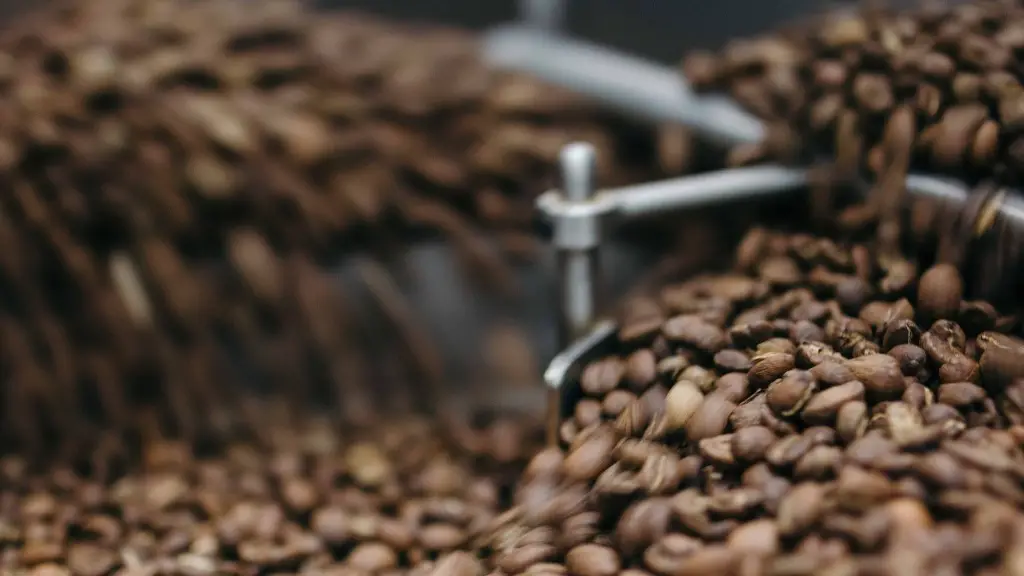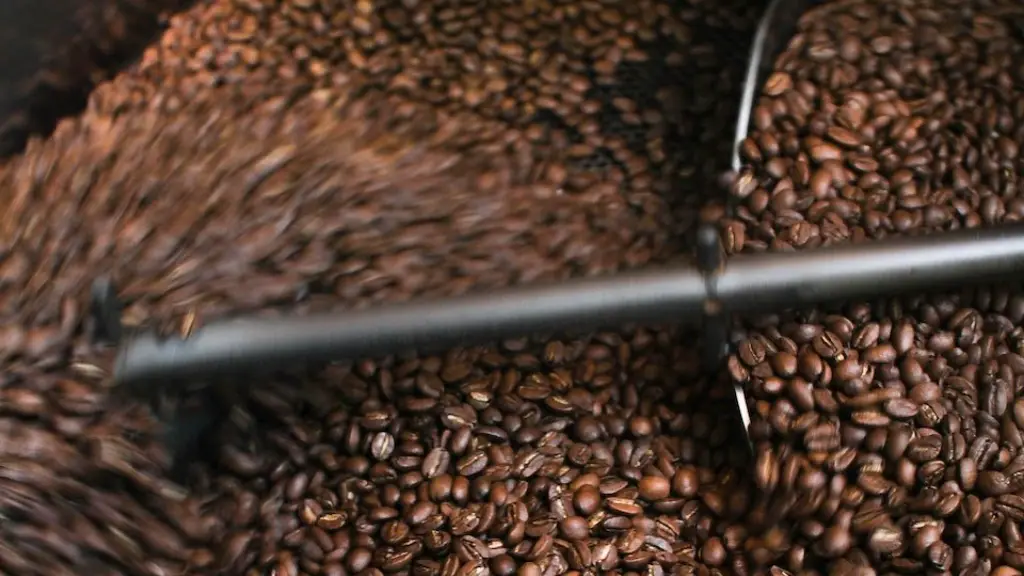Can I Drink Decaf Coffee When Pregnant?
During pregnancy, your body goes through many changes, making it essential to make sure you are making the best choices when it comes to what you eat and drink. Many pregnant women will have doubts about whether or not certain food or drink products are safe during pregnancy. This can especially be true for drinks like coffee, which have many advocates and detractors alike.
Decaf coffee contains less caffeine than regular coffee, making it possible for pregnant women to safely enjoy without the fear of overconsumption. However, it is still important to be aware of the effects decaf coffee can have on your body, and the potential risks it may present. To find out just how safe decaf coffee is for pregnant women, it will help to look at the science, the opinions of healthcare professionals, as well as the advice given by reliable sources.
Caffeine Content in Decaf Coffee
The first thing to be aware of when it comes to drinking decaf coffee while pregnant is the amount of caffeine it contains. Decaf coffee still contains some caffeine, approximately 3mg of caffeine per cup. This amount is much less than what is found in regular coffee, which is typically around 95mg per cup.
Therefore, it is generally safe for pregnant women to drink decaf, as long as it is in moderation. There is also evidence to suggest that moderate consumption of caffeine does not increase the risk of miscarriage or stillbirth. The general recommendation for pregnant women is to consume no more than 200mg of caffeine per day.
Possible Side Effects from Decaf Coffee
It is also important to be aware of the possible side effects that decaf coffee can have on the body. This is especially true if you are drinking decaf coffee while pregnant. Decaf coffee still contains some of the same compounds as regular coffee, including compounds like chlorogenic acid and diterpenes. These compounds can increase the acidity of your stomach, leading to potential discomfort.
It can also lead to dehydration, which can be especially dangerous for pregnant women. Dehydration can lead to problems such as low amniotic fluid levels, which can increase the risk of miscarriage. Therefore, it is important to make sure you are drinking plenty of water to stay hydrated when drinking decaf coffee.
The Advice of Healthcare Professionals
When it comes to decaf coffee and other caffeinated beverages while pregnant, the general advice of healthcare professionals is to limit your intake. While consuming small amounts of coffee is usually considered safe, it is important to not overdo it. It is also important to be aware of any potential side effects.
The only exception to this is if your doctor tells you specifically that it is safe to drink decaf coffee while pregnant. Healthcare professionals also recommend avoiding other caffeinated beverages during pregnancy, such as energy drinks and soda, as these can have a more pronounced effect on the body.
Reliable Sources of Advice
When it comes to getting the best advice on decaf coffee during pregnancy, there are many reliable sources out there that can provide helpful information. Organizations like the American College of Obstetricians and Gynecologists (ACOG) and the American Academy of Pediatrics (AAP) are trusted sources that can provide up-to-date information on the safety of decaf coffee during pregnancy.
You can also find numerous articles written by medical professionals that can provide more insight on the topic. Additionally, many websites have forums dedicated to this topic, which can provide a lot of useful advice and advice from real people who are going through the same thing.
Setting a Personal Limit
At the end of the day, the most important thing when it comes to drinking decaf coffee while pregnant is to set a personal limit. While it is generally considered safe to consume small amounts of decaf coffee while pregnant, it is ultimately up to you and your doctor to determine the best course of action.
It is important to be aware of the potential risks that come with drinking decaf coffee, and to make sure you are not consuming too much of it. As long as you are mindful of your personal limit and the advice of healthcare professionals, it should be safe to enjoy decaf coffee while pregnant.
Decaf Tea During Pregnancy
Many pregnant women may also be considering decaf tea while pregnant. It is important to understand that decaf tea contains a small amount of caffeine, although nowhere near as much as regular tea. As with decaf coffee, it is generally safe to consume decaf tea as long as it is in moderation. It is important to be aware of the possible side effects, such as increased acidity and dehydration.
It is also important to understand that decaf tea does still contains trace amounts of caffeine, and it may not be a suitable option for pregnant women who are particularly sensitive to caffeine. It is best to speak to a healthcare professional if there are any doubts or questions.
Can Decaf Coffee Affect Milk Supply?
Another thing that pregnant women may be wondering is whether or not decaf coffee can affect milk supply. It is important to understand that it will depend on the individual and the amount of caffeine consumed. In some cases, caffeine can cause a decrease in milk supply, but this is usually only seen with high levels of consumption.
In general, small amounts of decaf coffee should not have a significant effect on milk supply. However, it is best to speak to a healthcare professional if you are concerned about the potential effects of caffeine on your body and the safety of drinking decaf coffee during pregnancy.
Risks of Drinking Decaf Coffee During Pregnancy
It is important to be aware of the potential risks associated with drinking decaf coffee during pregnancy. As with any caffeinated beverage, consuming too much can have adverse effects on your body, such as causing dehydration, nausea, and indigestion. It is also important to be aware that too much caffeine can increase the risk of miscarriage.
If you are concerned about the effects of decaf coffee on your body and baby, it is best to speak to a healthcare professional. They can provide advice on how much is safe to consume, and any potential risks or side effects. Additionally, it is important to remember that everyone is different, and you should always listen to your body and be aware of any changes.
Myths Surrounding Decaf Coffee
It is also important to be aware of some of the myths surrounding decaf coffee during pregnancy. One common myth is that decaf is just as bad as regular coffee with regards to caffeine consumption. However, this is simply not true, as decaf coffee contains much less caffeine than regular coffee. Additionally, there is no evidence to suggest that decaf coffee is more harmful than any other caffeinated beverage.
Another common myth is that decaf coffee can cause miscarriages. But, as mentioned, the evidence suggests there is no increased risk of miscarriage from drinking decaf coffee in moderation. It is also important to understand that all coffee (decaf or not) is not suitable for everyone during pregnancy, so it is best to discuss the potential risks with your healthcare provider.





